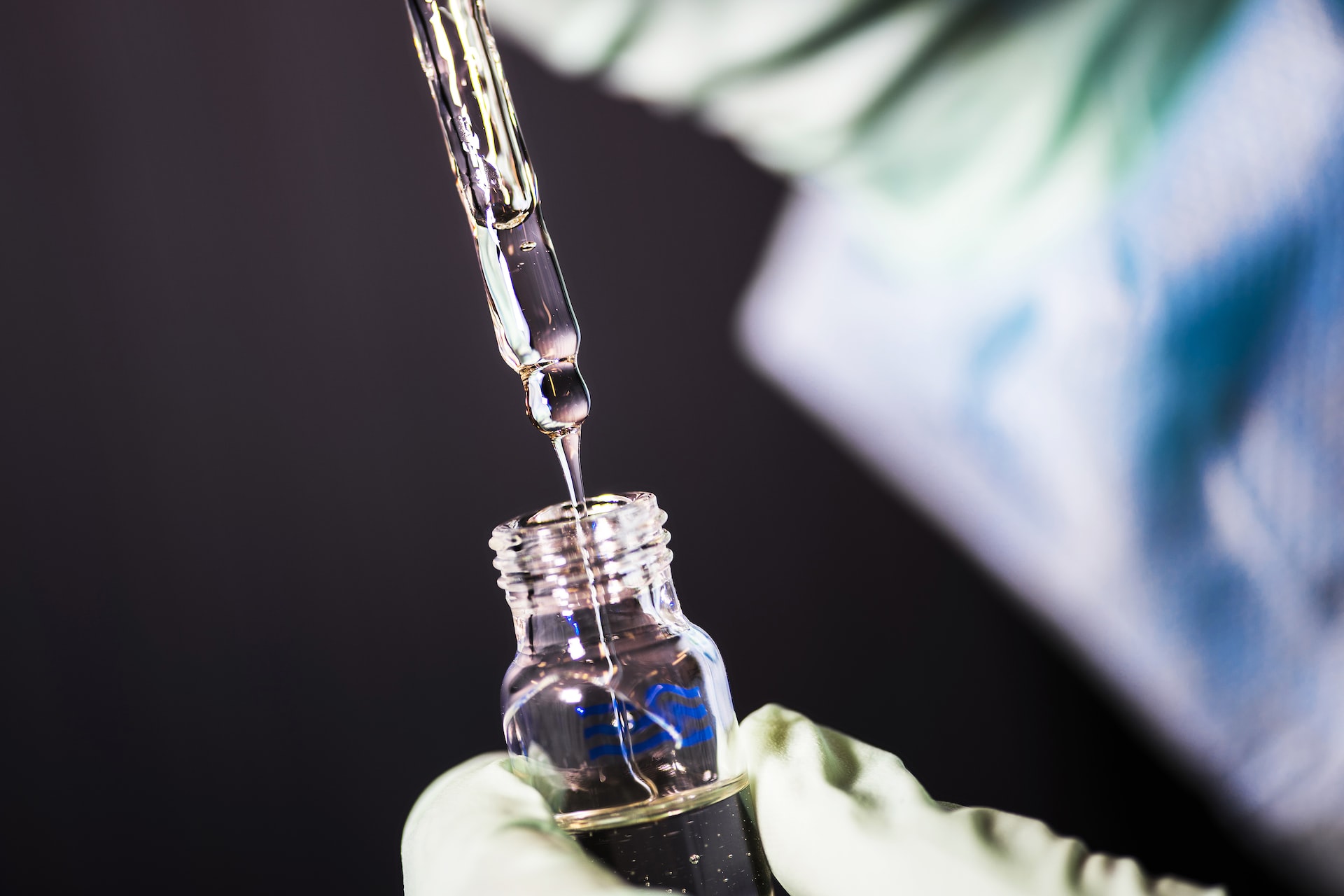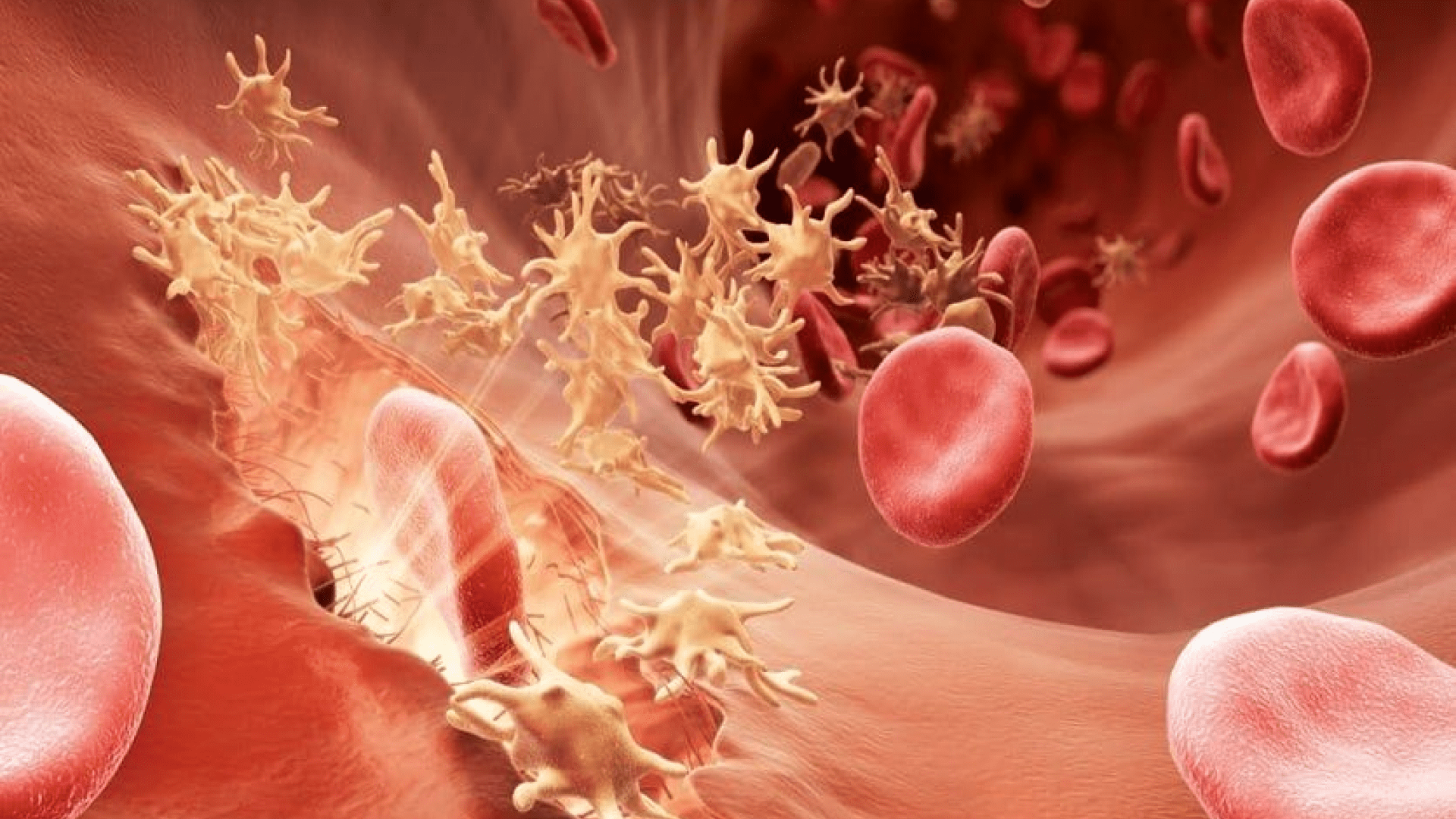Bladder cancer can be treated with several types of drugs. Gene therapy is now part of the mix. The FDA has approved Ferring Pharmaceuticals’ gene therapy as a treatment for patients whose cancer is at high risk of progressing by invading muscle tissue and spreading throughout the body.
The regulatory decision announced Friday covers the treatment of adults whose bladder cancer does not respond to Bacillus Calmette-Guérin (BCG), an immunotherapy that’s commonly used as a first-line treatment. The Ferring therapy, known in development as nadofaragene firadenovec, is designed to get the body to produce a particular therapeutic protein that fights cancer.
Modified versions of the interferon alpha-2b protein are already used for indications such as hepatitis B and C infections, hairy cell leukemia, and melanoma. Ferring’s gene therapy, marketed under the brand name Adstiladrin, turns a patient’s bladder cells into tiny factories that produce large amounts of human interferon-alpha-2b. Adenovirus-administered therapy introduces a gene that codes for interferon-alpha-2b into the cells of the bladder wall.
The cell’s protein-making machinery translates the DNA sequence and then expresses a therapeutic protein that should have an antitumor effect.
The FDA’s decision on Ferring’s gene therapy was based on the results of an open-label, single-arm, phase 3 study in 157 patients. Catheter-delivered gene therapy was administered once every three months for 12 months.
The results showed that 51% of the patients who received Adstiladrin achieved a complete response, which means the disappearance of all cancer symptoms after three months. T
he average duration of this response was 9.7 months 46% of respondents have stayed the same for at least a year. In the clinical trial, the most common side effects were bladder leakage, fatigue, bladder spasms, urinary urgency, and blood in the urine. The results were published in The Lancet Oncology in 2020.
Adstiladrin was initially developed by FKD Therapies. Ferring, a privately held company based in Saint-Prex, Switzerland, licensed global rights to the gene therapy in 2019; the following year, Ferring and Blackstone Life Sciences formed a company called FerGene to continue development and commercialization of the bladder cancer treatment. The partners backed FerGene with a combined $570 million.
An application seeking FDA approval of Adstiladrin was turned down in 2020 due to manufacturing issues.
Two months ago, Ferring and Blackstone restructured their alliance to give Ferring full control of FerGene and its bladder cancer gene therapy. In a press release about the FDA approval, Ferring said he expects Adstiladrin to be commercially available in the second half of 2023 after the company expands its manufacturing capacity.
The approval of Adstiladrin is the second positive FDA decision for Ferring in the past month. In late November, the agency approved Ferring’s Rebiota, the first microbiota-based live biotherapy to prevent Clostridioides difficile infection from recurring in adults.
Get more news and insights about Global Biotechnology Industry here



